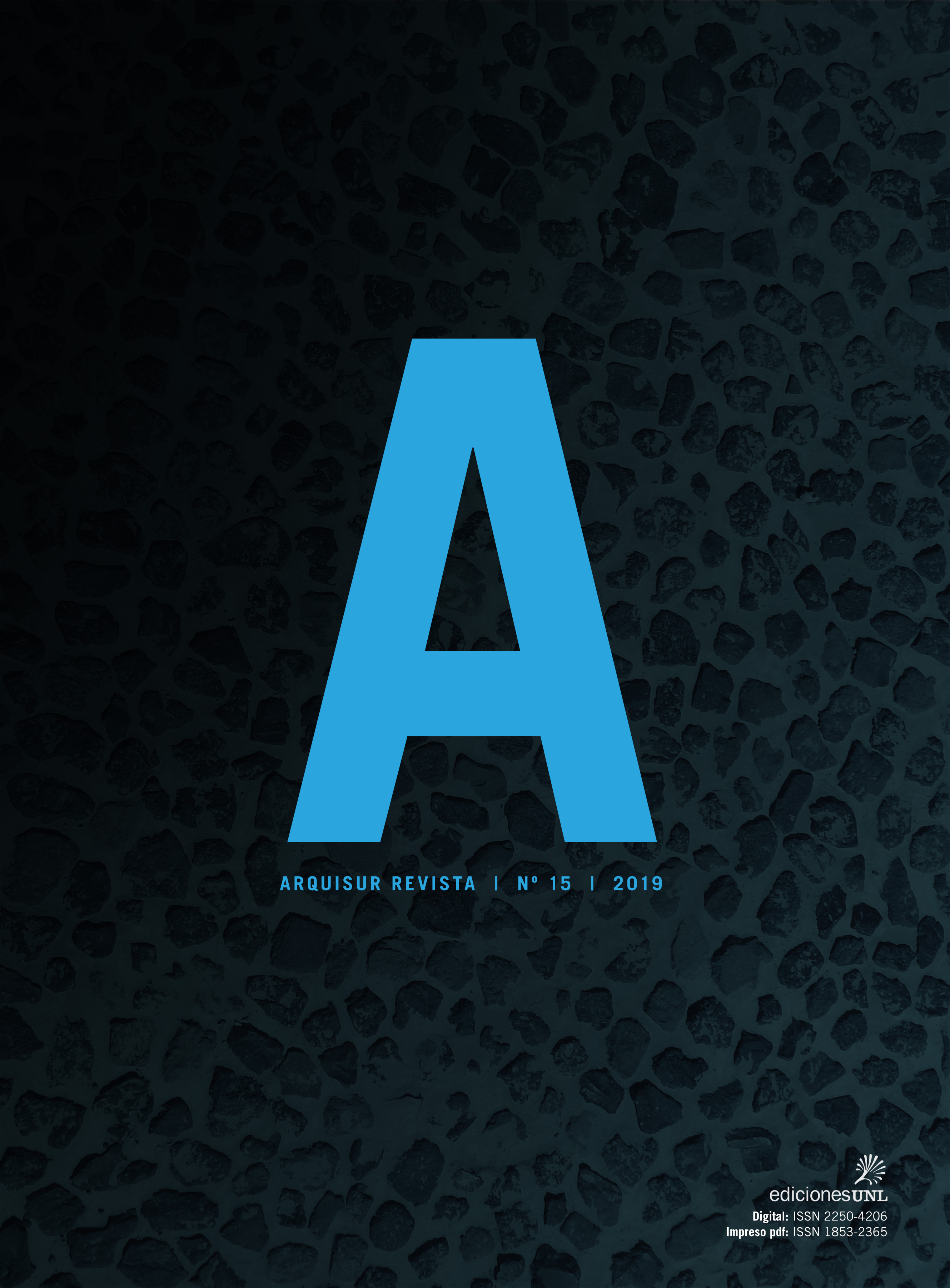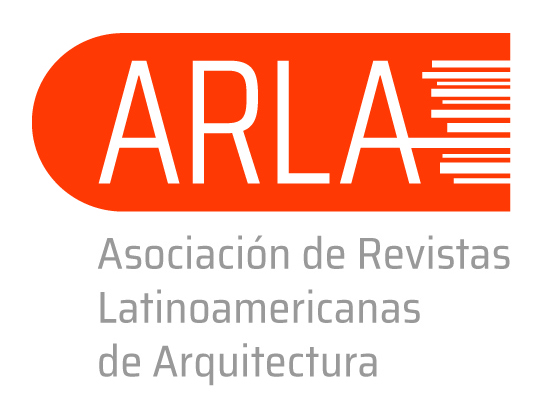Regulation process of Architecture Competitions in Uruguay, 1900-1930
DOI:
https://doi.org/10.14409/ar.v9i15.7908Keywords:
competition, legislation, professional associations, architects, historyAbstract
This text ponders on the process of installation and consolidation of the regulations of architectural competitions in Uruguay and in those who promote it. Understanding the regulations and their genesis is a tool to approach the relationships and interests of the architectural community of the country, in a highly significant period for its identity conformation. Between 1900 and 1930 the proposals were varying according to the recommendations of the congresses and the problems that were presented in the competitions. Several moments of interest are identified along the route: the concern of Acosta and Lara (1899-1906), the struggle of the professional associations (Baroffio, 1907, and SAU, 1923), the attempts at regulation from the state (Jones Brown, 1924 and Albo - García Selgas, 1924) and the definitive text of SAU (1929). The SAU regulation published in 1930 is the conclusion of a long and controversial process of discussion in the architectural community of Uruguay, and it determines the ethical ideal in the contests held in the country thereafter.
Published
How to Cite
Issue
Section
License
ACCESO ABIERTO
ARQUISUR Revista es una publicación de acceso abierto y sin ánimo de lucro. No se imputan cargos por la recepción, revisión, evaluación, publicación ni acceso a sus contenidos. Se distribuye bajo una Licencia Creative Commons CC Atribución-NoComercial-SinDerivadas 4.0 Internacional (CC BY-NC-ND 4.0): No se permite un uso comercial de la obra original ni la generación de obras derivadas. Esta licencia no es una licencia libre, y es la más cercana al derecho de autor tradicional.
DESCARGO
Los criterios expuestos en los artículos son de exclusiva responsabilidad de sus autores y no reflejan necesariamente la opinión del Comité Editorial ni de la Dirección Editorial Técnica. Los derechos de los artículos publicados pertenecen a sus autores o editoriales. Los autores ceden sus derechos de publicación al Centro de Ediciones de la Universidad Nacional del Litoral de Santa Fe, Argentina.














